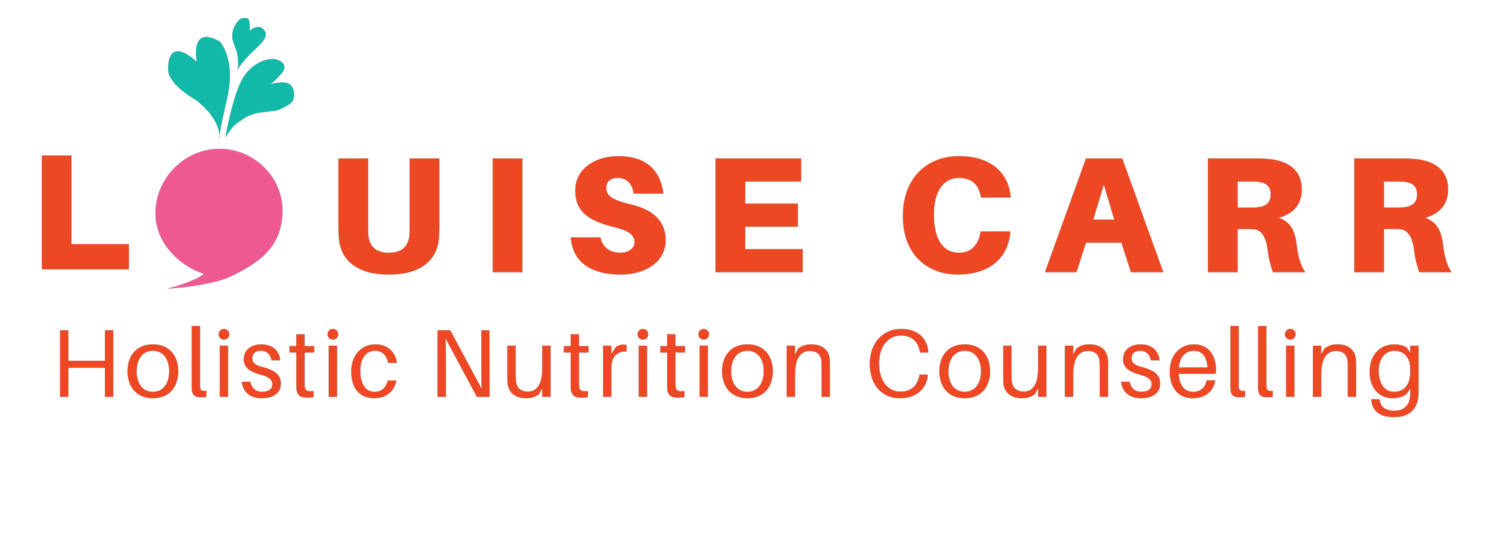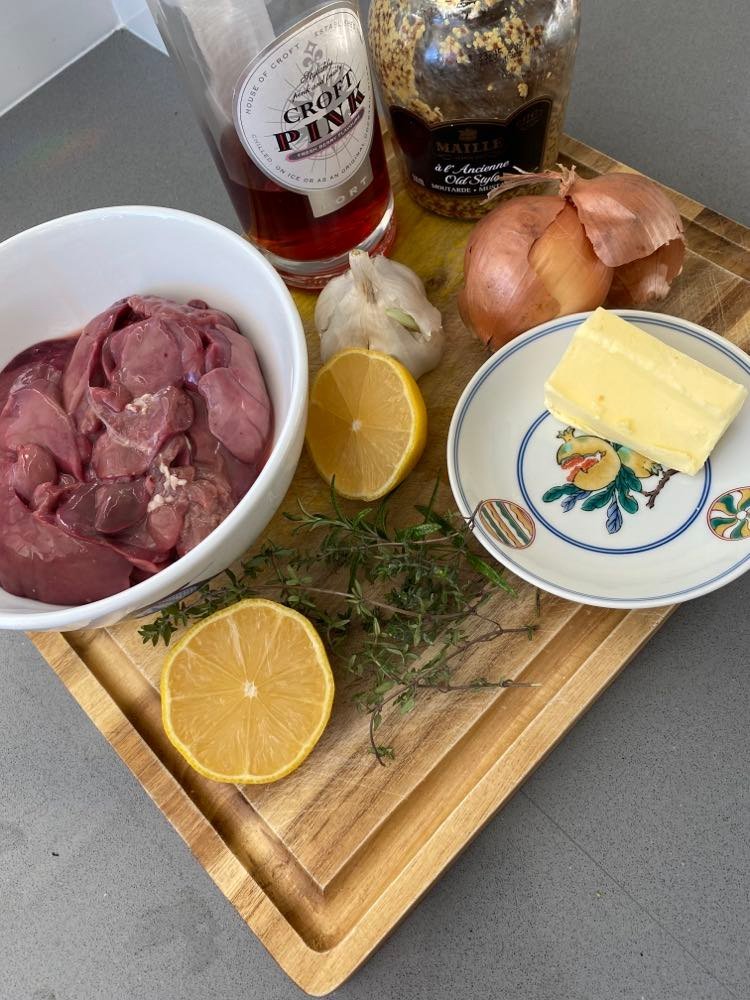Boy is life ever complicated, conflicting and dramatic in 2022. The roll call for the first three months of this year looks like a visitation from the four horsemen of the apocalypse and includes flood, fire, war and plague. (Does inflation and rising food/gas prices substitute for famine? Inquiring minds need to know!)
There is so much going on in the world that is violent and scary, it is easy to fall into feelings of powerlessness and fear. Understandable we feel distracted as global events change swiftly and thinking about your joy, your needs and even your personal health can feel self-indulgent, lacking in empathy and insignificant in the grander scheme of pressing issues such as the climate crisis and the horror of war.
Bringing your focus back to how you feel inside your body is mindset work and can be hard for women especially after a lifetime of over giving and extending empathy to others. It requires you to tune into your body, to listen to your symptoms (without feeling broken) and commit to meeting your midlife needs for more; think more nutrient dense food, more rest and more relaxation.
One of the most common ways to increase your symptoms of menopause at midlife is through increased stress.
When cortisol our stress hormone dominates our hormone profile and our juicy hormones are depleting we crash into hot flashes, sugar cravings, anxiety, sleepless nights and weight gain around the middle. Know that this is not inevitable!
Cortisol domination in the hormonal change of midlife damages our sleep, brain health, heart health and bone health. It trashes our digestion giving us gassiness and bloat, depresses our mood and increases our appetite.
In a very real way, stress is actively generating and exacerbating our symptoms of menopause. It is your hormones but it is your stress hormone in particular that is making you uncomfortable.
Menopause is a process of natural hormonal change where our ovaries finally get to rest after years of continual ovulation. We can approach this chapter of our life with a growth mindset or a fixed mindset. When we adopt a growth mindset, we are not victims of the process but have the ability to make choices that support our bodies to optimal health through the process and lessen uncomfortable symptoms. Our growth mindset allows space to understand that symptoms of menopause are not inevitable, but are simply information from our bodies, in the language our body uses; symptoms. Once we understand this language and seek out education on the midlife hormonal change process called menopause, we can start taking action and make changes to our diet and lifestyle to better support our bodies and reduce our symptoms. From this place we can take baby steps to better midlife health.
Here are the first three baby steps I recommend to EVERY woman in her forties who is ready to embrace her power at midlife wants to take action and is ready to make changes to manage her symptoms of hormonal change.
Reduce your stress level across multiple areas of your life eg. Turn off the news. Go to bed 1 hour earlier. Take a daily walk in the sunshine. Delegate household and volunteer tasks making the word ‘no’ your new best friend. Ditch caffeine from your day - especially your early morning. Reduce the amount of processed food and sugar that you eat. Carve out ‘me time’ for 1 hour each day, even if you just do nothing and rest. Listen to relaxing music through headphones. Journal for 10 minutes each morning detailing three things that make you feel grateful. All of these actions have one thing in common: Boundaries. Midlife is the chapter where we learn to honour our time, our body and our self-worth. We get to put our big girl pants on and create the boundaries that help us to put our self first. It is our time!
Make it your new habit to drink a green smoothie daily. A green smoothie will increase the amount of fibre, anti-oxidants, minerals and vitamins in your daily diet. A green smoothie is going to support your liver health to better manage excess hormones in the body and will ensure your daily detox (read poop) so that you are eliminating hormone and toxins daily to reduce your symptoms of peri-menopause. You are going to feel your REAL energy increase (I am not talking caffeine jitters), your skin glow and your mood lift as you increase the nutrition ad fibre in your daily diet one glass at a time.
You can find a great Green Smoothie recipe here. Making your smoothie each week and storing in your refrigerator to drink daily will help you to form this healthy habit.Eat more healthy fat in your diet. Think about snacking on nuts and seeds rather than chips and candy, add into your diet raw ground flax, chia seeds and hemp hearts. Introduce oily fish such as salmon, sardines and mackerel to your diet (try this dip!). Put an avocado on your salad, spread grass-fed butter on sourdough toast, put coconut oil into your matcha latte and use cold pressed oils from avocado and olive for cooking. Remove inflammatory, highly processed seed oils such a canola, cottonseed and sunflower. Rule of thumb; if it comes in an oversize plastic bottle, it should not be in your kitchen.
Healthy fats and oils are so supportive to our midlife bodies because the back bone of all of our hormones is cholesterol, our brains are made up of 60% fat and each one of the cells of our body is encapsulated in a phospholipid membrane. As humans we are built and function with fat! The quality of fat that we put in our body directly effects the quality of our health and the quality of our brain health, cellular activity and hormonal balance. Healthy fats help to reduce anxiety, reduce our appetite and sugar cravings and support the function of our thyroid gland, supporting thyroid function by helping to fire up our metabolism, our internal furnace. Midlife is the opportunity to ditch all repressive thoughts of diet and restriction fed to us by a billion dollar diet industry. Midlife is the time to drop low fat/no fat as a dieting strategy and to lean into that growth mindset to learn how to fuel your body with deep nutrition so you can pass with ease through hormonal change.
Email me and let me know how you get on with these first three baby steps. I would love to hear how they impact your menopausal symptoms.






